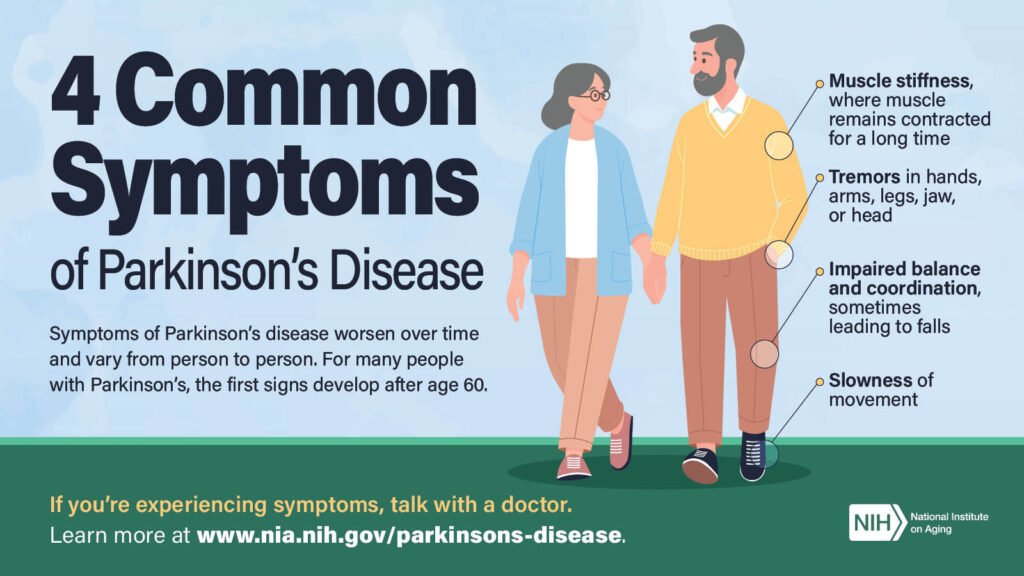
Of all the startling events taking place in national governance, the one getting the least attention, I believe, is that no president since Grover Cleveland has returned to the presidency after being ousted in a re-election try.
I hope the return of this one does not result in a retreat to the environmental policies of Grover Cleveland (1885-89; 1893-1897).
This is more than an abstract concern. Amid the refrain of “drill baby drill” and plans to deep-six the electric vehicle mandate is rhetoric about rolling back environmental regulation.
But one person’s job-killing regulation is another person’s life-saving protection. I should know. As a person with Parkinson’s disease, I have followed closely the growing body of science linking Parkinson’s to exposure to toxic substances, one of which is trichloroethylene, or TCE.
TCE is used to degrease metal industrial parts and in consumer products such as adhesives, paint removers, stain removers, lubricants, paints, varnishes, pesticides, and cold metal cleaners. Unfortunately, there is strong evidence associating TCE with cancer as well as Parkinson’s. Exposure to large amounts of the chemical may lead to coma, nerve damage, or death. TCE is known to interfere with early life development and lead to developmental toxicity, immunotoxicity, and neurotoxicity. TCE has also been linked to damage to eyesight, hearing, the liver, the kidney, balance, heartbeat, blood, nervous system, and respiratory system.
Parkinson’s incidence is increasing at a rate higher than other neurological diseases.
Last month, after years of study, the U.S. Environmental Protection Agency banned most uses of TCE in the U.S. This final rule will not take full effect for several years, so there is still time for the incoming Administration to nix it.
This won’t affect my health. I’ve got the disease and I’m stuck with it. But I don’t want future generations — or children or young adults today — to endure it. The tremors, the shuffling, the choking, the garbled pronunciation, the sleep disorders, the drooling, the trouble tying a tie or shoelace, the digestive troubles, the dystonia.
I hate that I now worry about taking walks in my beloved nature preserve because I’m afraid one or both of my feet will curl up and make it next to impossible to walk home. At its worst, I can barely cover 100 feet in 10 minutes.
There are more dire fates than this, but if Parkinson’s, an incurable, degenerative disease can be prevented by discontinuing chemicals like TCE — especially when alternatives are available — why shouldn’t it be?
The TCE ban is one of many federal environmental rules issued during the Biden Administration that will protect the health of Americans. These include regulations to prevent disasters at almost 12,000 chemical plants and other industrial sites nationwide that handle hazardous materials and the tightening of standards for soot emissions, which it is estimated will prevent 9,500 premature deaths.
I’ll be looking for clues to the thinking behind the new Administration’s environmental policies. Its ability to distinguish between paperwork and protection will be a key measure of its support for justifiable rules — and of its humaneness.